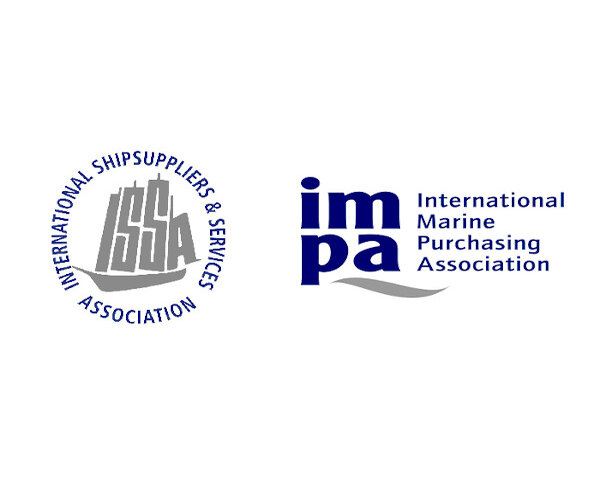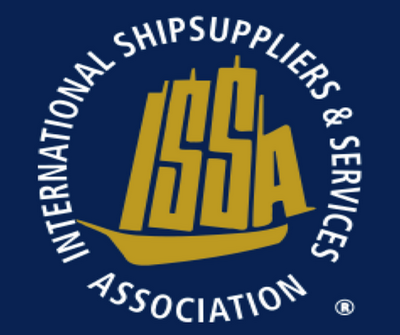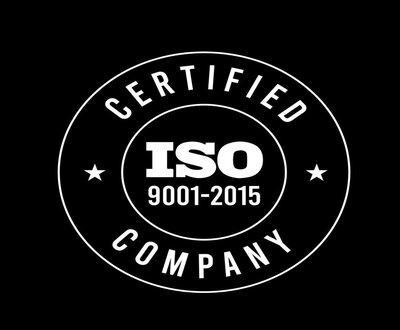Why is vessel maintenance important?
Vessel maintenance is significant for any commercial vessel. This upkeep will guarantee the container, crew, and cargo. Every vessel business conducts audits and inspections in order to comprehend the results and take appropriate action to prevent mishaps, so averting unforeseen hazards and undesired events in the sea. It follows that maintaining a vessel is essential for its operational and functional effectiveness, both of which will help it last longer and generate revenue.
A vessel is anything that can float on water, such as a ship, boat, or other type of watercraft. All of the maintenance tasks are associated with taking care of the vessel. This involves resolving issues with the electrical system, maintaining and clearing the engine, pump, and navigational technology, as well as carrying out routine maintenance tasks like emptying lockers and removing dirt.
Maintaining a vessel is a smart idea because fixing damage caused by accidents or natural catastrophes may be highly costly. Maintenance on the vessel can keep it safe and enable it to continue serving its customers in the future. Different kinds of vessel maintenance exist. It entails safe operation procedures, crew member training, and preventive actions like routine maintenance and required inspections.
What need to know about vessel maintenance?
The vessel maintenance can be interrupted due to a lack of knowledge. Persons involved with the vessel should become well-versed in vessel maintenance before doing any repairs. Anyone organizing a boat excursion should be familiar with basic maintenance, including changing the engine oil and draining water from the drain plugs. For example, being aware of the differences between an impeller and a propeller might help the captain while discussing the ship with others.
Every vessel has to undergo routine maintenance as part of its life cycle. The manufacturer’s handbook can be used to do maintenance on the vessel. While these handbooks may vary from one vessel to the next, consulting the manufacturer’s manual can yield the most accurate information.
In order to find issues early in a vessel’s life, workers typically refer to a maintenance handbook. This enables the replacement of faulty parts before they worsen and affect commercial vessels. A vessel maintenance program is crucial to its lifespan and will ultimately result in time and cost savings because of this. An inspector can be assisted by a vessel maintenance schedule system in keeping track of the many maintenance tasks that a vessel needs. Certain vessels, like brake fluid, need to have more frequent fluid changes, although larger vessels could need more involved but infrequent inspections.
The proper vessel maintenance inspection can save your valuable assets and goodwill for sure. There are four types of vessel maintenance. It can be identified as preventive, corrective, risk-based, and condition-based vessel maintenance.
Predictive vessel maintenance
Predictive vessel maintenance is a proactive strategy that tracks the state of vital systems and equipment in real-time using cutting-edge technology like sensors, data analytics, and machine learning. Predictive maintenance assists in identifying possible problems before they result in breakdowns or failures by evaluating data trends and patterns. This allows for prompt interventions and improves maintenance schedules. This strategy boosts operational effectiveness, increases vessel reliability, and decreases unscheduled downtime.
Corrective vessel maintenance
This type of vessel maintenance is very modest and simple. It is needed when something goes incorrect and the mechanic has to shoot it out. Corrective vessel maintenance can save your vessel from any accident or natural disaster. So, it can be said that corrective vessel maintenance is significant for vessel maintenance.
Risk-based Vessel maintenance
Prioritizing maintenance tasks according to the probability and impact of equipment malfunctions is known as risk-based vessel maintenance. Through the evaluation of the criticality of every system and component, resources can be directed towards the most vulnerable regions, maximizing maintenance efforts and reducing the likelihood of expensive malfunctions and safety accidents.
Condition-based vessel maintenance
Condition-based vessel maintenance is different from scheduled maintenance in that it is based on actual equipment condition monitoring. Vital systems are constantly monitored by sensors and diagnostic instruments to determine how well they are functioning and whether maintenance is required. Using resources more efficiently and spending less on needless upkeep are the benefits of this strategy.
How do maintain a vessel?
Use the methods described in the vessel maintenance manual to maintain a vessel. This will tell you what needs to be checked on your boat at routine maintenance intervals. When the time comes to evaluate the mechanical equipment aboard the vessel, consult the manual to see what needs to be done and do it for optimal operation. If you need assistance with your vessel, you can consult a mechanic or a higher-ranking auditor. It goes without saying that maintenance is necessary to keep a vessel in good condition and presentable. It will be carried either as scheduled maintenance or as part of an inspection. Regular checks take place, but scheduled maintenance has to follow the guidelines in the handbook, which specify how frequently certain components need to be inspected and maintained. They include regular inspections for deterioration and extensive overhauls when all the tools are disassembled and reassembled.
Vessel to vessel differences may exist in the cost of maintenance. Maintaining a vessel can be expensive, but the costs might increase even further if unexpected repairs are needed due to a parts failure at sea. Therefore, it makes sense to maintain your vessel so that these unforeseen repairs won’t wind up costing a lot of money.
Conclusion
For this reason, maintaining a vessel and keeping it in excellent operating order are crucial practices. We’ve given you some advice and methods in this post on how to start doing regular maintenance on your boat and discussed the importance of doing so for both your business and your vessel. Be sure to check out Bengal Wave!




